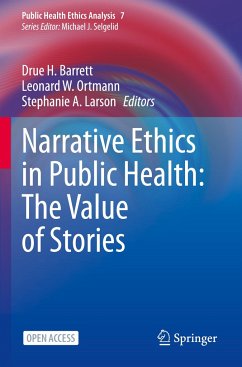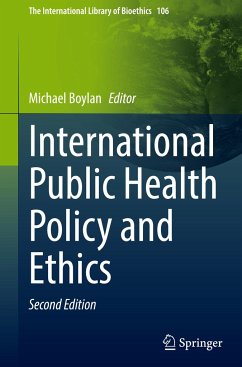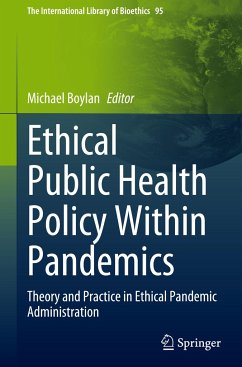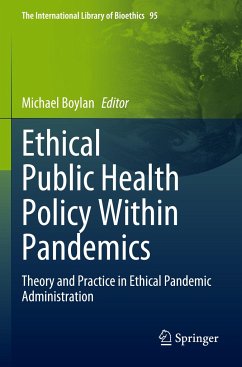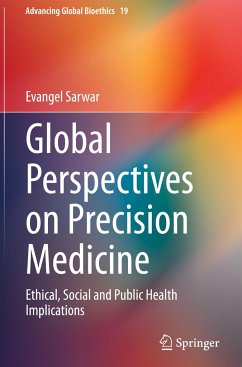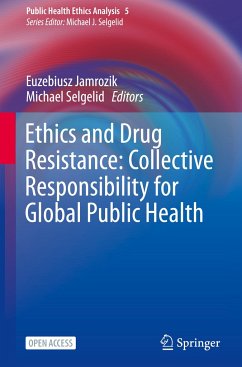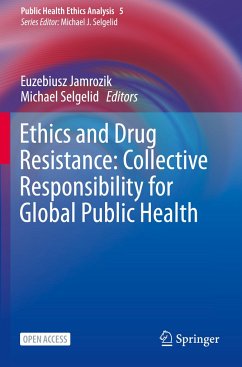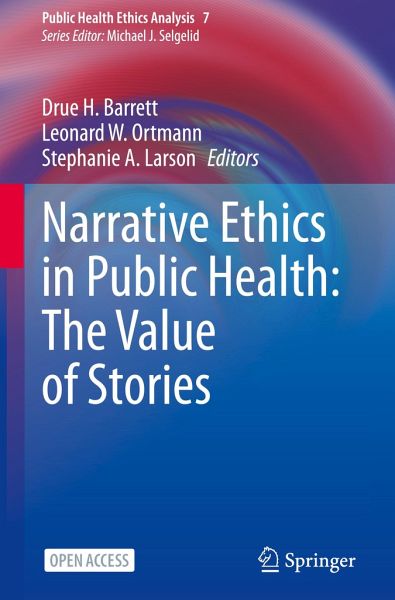
Narrative Ethics in Public Health: The Value of Stories
Versandkostenfrei!
Versandfertig in 6-10 Tagen
38,99 €
inkl. MwSt.

PAYBACK Punkte
19 °P sammeln!
This Open Access book illustrates the power of stories to illuminate ethical concerns that arise in public health. It complements epidemiological or surveillance evidence, and reveals stakeholder perspectives crucial for public health practitioners to develop effective and ethical public health interventions. Because it relies on the natural and universal appeal of stories, the book also serves to introduce the field of public health to students considering a career in public health. The opening section of the book also serves as a more didactic introduction to public health ethics and the fie...
This Open Access book illustrates the power of stories to illuminate ethical concerns that arise in public health. It complements epidemiological or surveillance evidence, and reveals stakeholder perspectives crucial for public health practitioners to develop effective and ethical public health interventions. Because it relies on the natural and universal appeal of stories, the book also serves to introduce the field of public health to students considering a career in public health. The opening section of the book also serves as a more didactic introduction to public health ethics and the field of narrative ethics. It describes the field of public health ethics including ethical principles relevant to public health practice and research, and the advantages of a narrative ethics approach. That approach explores the problems and the ethical challenges of public health from the inside, from the perspective of those experiencing health problems to the challenges of those who must address these problems. The later sections consist of 14 chapters that present the actual stories of these public health problems and challenges. In narrative style they range from first person narratives of both practitioners and citizens, to analysis of published short stories. The problems and challenges they address include issues relating to justice concerns, surveillance and stigma, community values and the value of community, trust and the value of information, and freedom and responsibility. Specific public health topics include resource allocation, restricting liberty to protect the community from health threats, and the health impact of trauma, addiction, obesity and health disparities.





